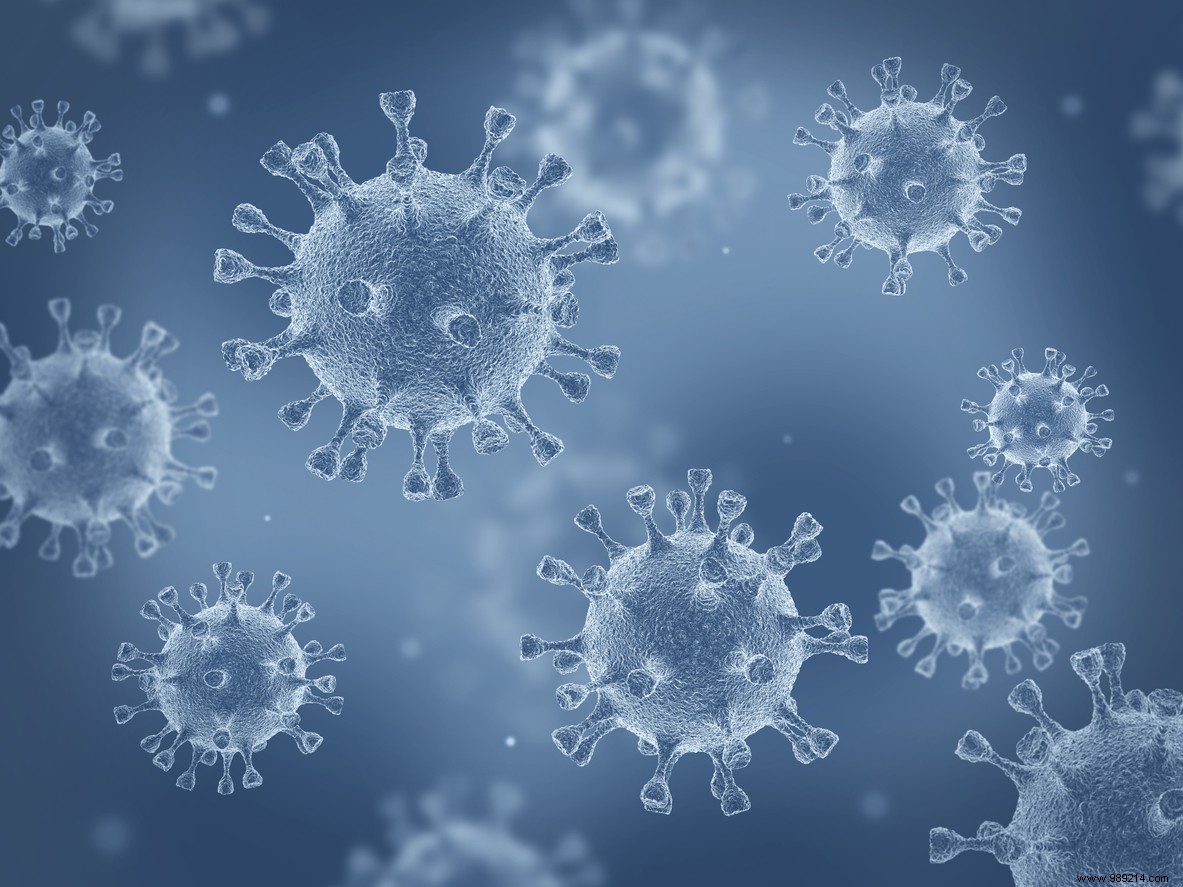Some patients with the SARS-CoV-2 coronavirus develop very powerful, but also very versatile antibodies. These are capable of overcoming the virus and several of its variants, according to recent work.
"Superhuman Immunity" a.k.a. "bulletproof immunity", these are the terms that some scientists are using at the moment. For his part, immunologist Shane Crotty chose the term "hybrid immunity" in an article published in the journal Science in June 2021. The person indicated that this immunity against SARS-CoV-2 appeared to be of impressive potency.
It must be said that in recent months, some work – such as that of the Laboratory of Molecular Immunology at Rockefeller University in June 2021 – has shed light on the fact that some Covid-19 patients generated a surprisingly powerful immune response to the virus. It is a question of very high levels of antibodies as well as a great versatility of the latter. Indeed, the antibodies in question are resistant to the variants currently in circulation . Additionally, they might also prove effective against upcoming variants.

Dr. Paul Bieniasz, having already participated in the June study, pre-published other work on the BioRxiv platform on August 8, 2021. The researcher, interviewed by US radio NPR, claimed to have spotted antibodies capable of neutralizing six coronaviruses related to SARS-CoV-2. We find the current delta and beta variants, but also two viruses that have so far only infected pangolins and another concerning bats. We should also mention the coronavirus SARS-CoV-1, which caused the 2003 epidemic and whose commonalities with the current virus are however less numerous.
“Thus, optimally obtained human polyclonal antibodies against SARS-CoV-2 should be resistant to substantial future variations of SARS-CoV-2 and could confer protection against future sarbecovirus pandemics", says the main leader of this work.
Paul Bieniasz concedes that all this has a somewhat speculative dimension, but remains convinced that some patients benefit from a certain degree of protection against SARS-like viruses that have never before infected humans. This research – although awaiting peer validation – could be used to better prepare populations for the appearance of variants and future other epidemics of coronavirus . In the meantime, governments around the world continue to call on people to vaccinate. This is still for the moment the best way to end the current pandemic and return to a normal life.